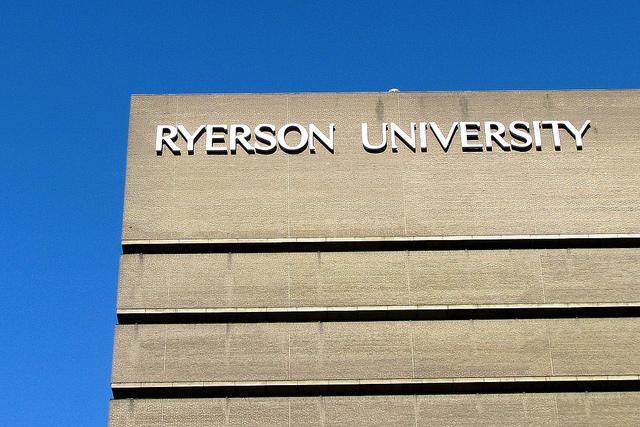6 months from now, I will be wrapping up my time in law school and preparing to bravely enter the legal profession. As I think about this, one question unduly crosses my mind: Am I ready? Has law school truly prepared me to be the best practicing lawyer that I can be? Perhaps it has, and I just haven’t realized it yet. Or, maybe it hasn’t, and this is due, in part, to the lack of hands-on experiential learning that exists in traditional law schools.
My answer to this question is: No, I do not feel as ready as I probably should feel after almost three years of legal education.
Why might that be the case? In my opinion, and based on the numerous discussions we have had in L21C, there seems to be a significant gap between what is taught in law school, and the actual practice of law as it exists today. There is more to the practice than simply knowing what the law is and applying it to a legal problem. Essentially, this is already taught in law school, and it is reflected in how our understanding of law is evaluated when we write 100% final examinations. But what about the skills required for interviewing an emotional and frustrated client? Or the skills required for building strong, lasting relationships with clients, and fellow lawyers? More importantly, what about the skills and competencies required to succeed in a world in which lawyering is rapidly changing with innovation, the utilization of technology and the provision of legal services in general. Should we really be learning all of these skills and competencies after graduation? No, we should not! Personally, I would definitely feel more prepared to enter the legal profession if law school offered more hands-on learning and practical experiences.
Recent legal discussion has focused on the transformational changes that are occurring in the legal profession, and how changes to the content of legal education may address this gap between what is taught in law school and how lawyers actually practice. Not only that, if lawyers are going to meet the needs of the 21st century, there is no better way than to start from transforming legal education, and how we train our future lawyers. I strongly believe that incorporating a practical component to legal curriculums and programs across Canada may be a viable solution. With that being said, I believe that Ryerson University’s proposal to open a “different law school” is a great idea for the following reasons.
1. It would provide more opportunities for hands-on learning.
The idea of having a mandatory placement or practicum component added to the legal program seems promising. This would definitely give law students an excellent opportunity to work in the legal profession under the supervision of a practicing lawyer. Having this exposure before graduation would prove useful to those students who may have no idea what it means to actually practice in the field. Moreover, it would help law students network, build relationships with other professionals (not just legal professionals), and develop their practical skills.
2. It would produce practice-ready legal professionals.
Having practical experience would produce law graduates that feel confident in their skills and abilities as new entrants in the legal profession. Law graduates need to be prepared to enter into a workforce that is progressively changing with new advances in technology. They should be informed of how these new innovations can benefit (or hinder) their practice as they prepare to provide legal services. For this reason, Ryerson’s strong emphasis on the use of technology, both as a tool for education and as a tool for future success, will be an asset to law graduates.
3. New competencies would be taught.
Traditional law schools already teach us how to be analytical thinkers, problem solvers, legal researchers, and good communicators. Ryerson’s proposed legal curriculum would also teach students competencies required for the future. Some competencies listed in the school’s Letter of Intent include: emotional intelligence, entrepreneurial spirit, network building and technological proficiency. These highly transferable competencies would ensure that future law graduates are career-ready and capable of adapting to changing societal expectations. Students may even feel encouraged to explore unconventional career options, practice in a legal area that is novel or respond to unmet legal needs by promoting access to justice.
I know Ryerson’s proposal to open a new law school in Canada has been the subject matter of an interesting and heated debate. However, after reading Ryerson’s Letter of Intent, I appreciate that what the school is trying to do is prepare students to become “practice-ready professionals with knowledge and transferable skills required to compete in a rapidly changing profession.” In my opinion, transforming the way we teach and train future lawyers is exactly the kind of change we need if we are going to keep up with the shifting legal profession, and the 21st century.


